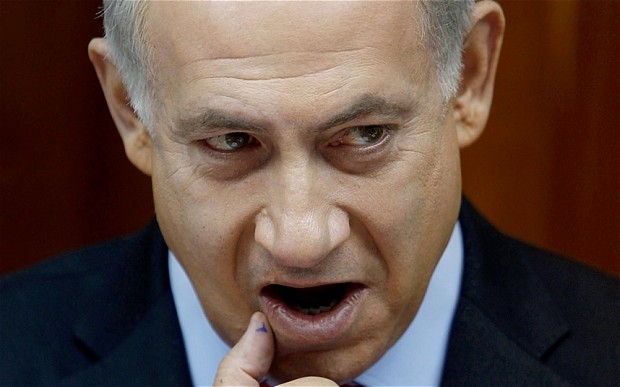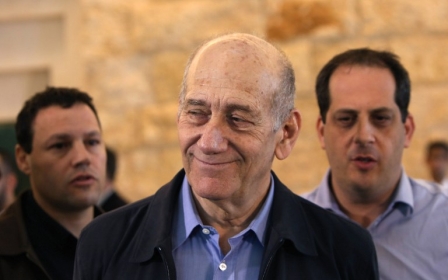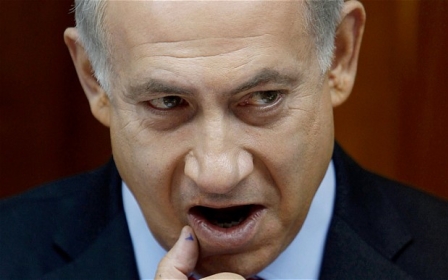Israel PM in 'historic' Supreme Court plea for gas deal

Israeli Prime Minister Benjamin Netanyahu made a rare appearance by a serving premier before the country's Supreme Court on Sunday to defend a contentious natural gas deal.
Critics say the agreement between the government and a consortium including US firm Noble Energy, pushed by Netanyahu, overly favours the firms involved and have petitioned the court to block it.
There have also been denunciations of political manipulation by Netanyahu to override anti-trust authorities.
"This is the first time that I have asked to appear before the... court, and to the best of my knowledge it's the first time in the history of Israel that a prime minister has requested this," Haaretz newspaper quoted him as telling the justices.
"The current plan has no alternative and if it is not approved it will cause the country long-term harm," private television station Channel Two reported him as saying.
"Without this plan there will be no competition, no development, no investment."
Entrance to the courtroom was restricted, with no broadcasting or recording allowed. Neither the government nor the court released a statement on Netanyahu's address. The deal he champions concerns development of the Leviathan field in the eastern Mediterranean, described as one of the largest recent natural gas discoveries.
Currently only the Tamar field west of the port of Haifa is in production, and the government argues that depending on a single source which is a potential target for sabotage means that diversifying supply is of strategic as well as economic importance.
"We shall not have energy security as long as we have only one gas field, which is within range of missile fire" from enemies such as Hezbollah in south Lebanon, Energy Minister Yuval Steinitz told the court on 3 February.
Israel's monopolies commission opposed an initial agreement between the government, Noble and its Israeli partner Delek, leading to months of further negotiations under strong political pressure.
To sidestep the commission, Netanyahu used an obscure clause allowing the deal to be pushed through by the economy minister. After the incumbent minister resigned rather than overrule the regulators Netanyahu then took over the post himself.
New MEE newsletter: Jerusalem Dispatch
Sign up to get the latest insights and analysis on Israel-Palestine, alongside Turkey Unpacked and other MEE newsletters
Middle East Eye delivers independent and unrivalled coverage and analysis of the Middle East, North Africa and beyond. To learn more about republishing this content and the associated fees, please fill out this form. More about MEE can be found here.




